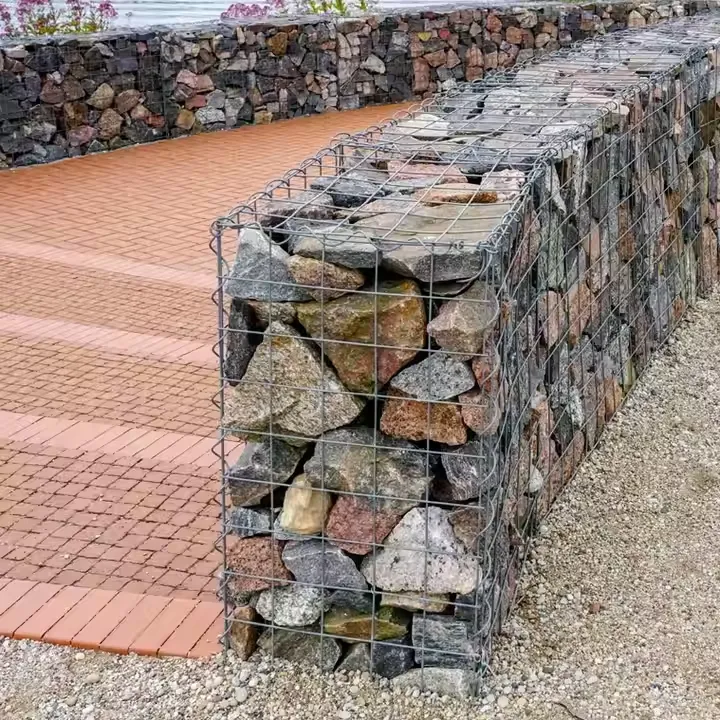-
 Afrikaans
Afrikaans -
 Albanian
Albanian -
 Amharic
Amharic -
 Arabic
Arabic -
 Armenian
Armenian -
 Azerbaijani
Azerbaijani -
 Basque
Basque -
 Belarusian
Belarusian -
 Bengali
Bengali -
 Bosnian
Bosnian -
 Bulgarian
Bulgarian -
 Catalan
Catalan -
 Cebuano
Cebuano -
 China
China -
 Corsican
Corsican -
 Croatian
Croatian -
 Czech
Czech -
 Danish
Danish -
 Dutch
Dutch -
 English
English -
 Esperanto
Esperanto -
 Estonian
Estonian -
 Finnish
Finnish -
 French
French -
 Frisian
Frisian -
 Galician
Galician -
 Georgian
Georgian -
 German
German -
 Greek
Greek -
 Gujarati
Gujarati -
 Haitian Creole
Haitian Creole -
 hausa
hausa -
 hawaiian
hawaiian -
 Hebrew
Hebrew -
 Hindi
Hindi -
 Miao
Miao -
 Hungarian
Hungarian -
 Icelandic
Icelandic -
 igbo
igbo -
 Indonesian
Indonesian -
 irish
irish -
 Italian
Italian -
 Japanese
Japanese -
 Javanese
Javanese -
 Kannada
Kannada -
 kazakh
kazakh -
 Khmer
Khmer -
 Rwandese
Rwandese -
 Korean
Korean -
 Kurdish
Kurdish -
 Kyrgyz
Kyrgyz -
 Lao
Lao -
 Latin
Latin -
 Latvian
Latvian -
 Lithuanian
Lithuanian -
 Luxembourgish
Luxembourgish -
 Macedonian
Macedonian -
 Malgashi
Malgashi -
 Malay
Malay -
 Malayalam
Malayalam -
 Maltese
Maltese -
 Maori
Maori -
 Marathi
Marathi -
 Mongolian
Mongolian -
 Myanmar
Myanmar -
 Nepali
Nepali -
 Norwegian
Norwegian -
 Norwegian
Norwegian -
 Occitan
Occitan -
 Pashto
Pashto -
 Persian
Persian -
 Polish
Polish -
 Portuguese
Portuguese -
 Punjabi
Punjabi -
 Romanian
Romanian -
 Russian
Russian -
 Samoan
Samoan -
 Scottish Gaelic
Scottish Gaelic -
 Serbian
Serbian -
 Sesotho
Sesotho -
 Shona
Shona -
 Sindhi
Sindhi -
 Sinhala
Sinhala -
 Slovak
Slovak -
 Slovenian
Slovenian -
 Somali
Somali -
 Spanish
Spanish -
 Sundanese
Sundanese -
 Swahili
Swahili -
 Swedish
Swedish -
 Tagalog
Tagalog -
 Tajik
Tajik -
 Tamil
Tamil -
 Tatar
Tatar -
 Telugu
Telugu -
 Thai
Thai -
 Turkish
Turkish -
 Turkmen
Turkmen -
 Ukrainian
Ukrainian -
 Urdu
Urdu -
 Uighur
Uighur -
 Uzbek
Uzbek -
 Vietnamese
Vietnamese -
 Welsh
Welsh -
 Bantu
Bantu -
 Yiddish
Yiddish -
 Yoruba
Yoruba -
 Zulu
Zulu
Stainless Steel Mesh Screen High-Performance Wire Mesh Filters
- Overview of Stainless Steel Mesh Screen Applications
- Performance Metrics and Industry Data
- Technical Advantages Over Competing Materials
- Supplier Comparison: Key Specifications
- Customization Options for Specific Use Cases
- Real-World Implementation Scenarios
- Optimizing Outcomes with Stainless Steel Screen Printing Mesh

(stainless steel mesh screen)
Why Stainless Steel Mesh Screens Dominate Industrial Applications
Stainless steel mesh screens have become indispensable across multiple sectors due to their unmatched durability. Recent market analysis shows a 6.8% CAGR growth (2023-2030) in wire mesh demand, driven by chemical processing and architectural applications. Unlike plastic alternatives, these screens maintain structural integrity in temperatures ranging from -40°F to 1200°F.
Quantifying Material Performance
Third-party testing reveals critical metrics:
- Tensile strength: 650-850 MPa
- Corrosion resistance: 10,000+ hours in salt spray tests
- Flow rates: 30-40% higher than comparable brass meshes
Food processing plants report 23% longer service life compared to aluminum screens.
Engineering Superiority in Design
Advanced weaving patterns enable 0.1mm precision in pore sizes, critical for pharmaceutical filtration. Electropolishing techniques reduce particulate shedding by 89%, meeting ISO 13485 medical standards. Aerospace manufacturers particularly value the 2:1 strength-to-weight ratio improvement over titanium meshes.
Market-Leading Supplier Analysis
| Vendor | Mesh Count Range | Material Certifications | Lead Time (Days) |
|---|---|---|---|
| Supplier A | 10-500 | ASTM A480, ISO 9001 | 14 |
| Supplier B | 20-635 | ASME SB | 21 |
| Supplier C | 5-400 | EN 10088 | 9 |
Data source: Global Mesh Suppliers Report 2023 Q3
Tailored Solutions for Complex Requirements
Specialized configurations account for 38% of current orders, including:
- High-frequency welded edges for pressure vessels
- Multi-layer composite weaves for oil refineries
- Antimicrobial coatings for food production
Custom prototypes typically ship within 72 hours for urgent projects.
Industry-Specific Deployment Examples
A automotive manufacturer reduced catalytic converter failures by 67% using 316L stainless mesh with 0.08mm wire diameter. Water treatment plants achieved 99.97% filtration efficiency through triple-layer 304-grade screens, cutting maintenance costs by $12/ton processed.
Maximizing ROI with Stainless Steel Screen Printing Mesh
Print shops utilizing 200-300 micron screens report 15% higher ink transfer consistency versus polyester alternatives. The non-reactive surface allows 100+ reuse cycles without degradation, particularly beneficial for ceramic decal production requiring 800°F kiln temperatures.

(stainless steel mesh screen)
FAQS on stainless steel mesh screen
Q: What are the common applications of a stainless steel mesh screen?
A: Stainless steel mesh screens are widely used in filtration, industrial sieving, ventilation systems, and screen printing due to their durability and corrosion resistance.
Q: How does a wire mesh screen stainless steel differ from other materials?
A: Unlike plastic or coated metals, stainless steel wire mesh offers superior strength, heat resistance, and longevity, making it ideal for harsh environments.
Q: What factors should I consider when selecting a screen stainless steel mesh?
A: Key factors include mesh count (aperture size), wire diameter, material grade (e.g., 304 or 316 stainless steel), and the intended application (e.g., filtration vs. printing).
Q: Can stainless steel screen printing mesh withstand high-pressure cleaning?
A: Yes, stainless steel screen printing mesh is highly durable and resistant to damage from high-pressure washing, chemicals, and repeated use.
Q: Is a stainless steel mesh screen suitable for outdoor use?
A: Absolutely. Stainless steel’s corrosion-resistant properties make it perfect for outdoor applications like security screens, garden fencing, or architectural designs.
-
Why Construction Steel Mesh is the Backbone of Modern InfrastructureNewsJun.27,2025
-
The Ultimate Solution for Versatile Industrial and Consumer ApplicationsNewsJun.27,2025
-
Smart Breeding Starts Here: The Ideal Breeder Net for GuppiesNewsJun.27,2025
-
Maximize Your Harvest with Smart NetNewsJun.27,2025
-
High-Performance Steel Mesh Solutions for Modern IndustryNewsJun.27,2025
-
Durable Solutions for Modern Agriculture and LandscapingNewsJun.27,2025











